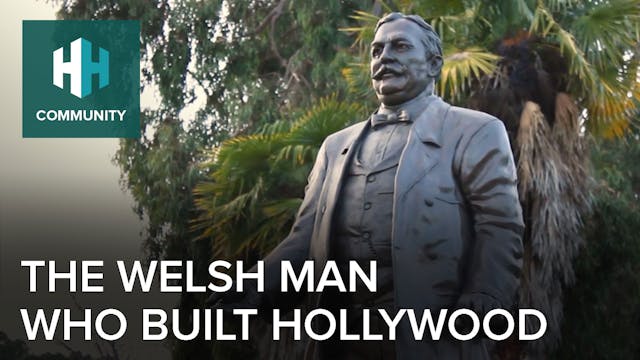Dinner With Dickens
Celebrities
•
12m
‘Heaped up on the floor, to form a kind of throne, were turkeys, geese, game, poultry, brawn, great joints of meat, sucking-pigs, long wreaths of sausages, mince-pies, plum-puddings, barrels of oysters, red-hot chestnuts, cherry-cheeked apples, juicy oranges, luscious pears, immense twelfth-cakes, and seething bowls of punch, that made the chamber dim with their delicious steam…’ – few writers have described, or loved, food as much as Charles Dickens did. He was a true Victorian foodie, a man who took serious pleasure in eating and drinking. But what is perhaps less well known is the fact that his wife, Catherine, was too – and she even authored a published recipe book. Literary London was abuzz with accounts of dinner parties at the Dickens’s; the table display, the food, the wine, the guests and the conversation were hot topics for any self-respecting member of the intelligentsia. Food was important to Dickens and his wife, not just as sustenance but also for its moral and emotional meaning. He wrote about food in his stories, insisting that rich and poor alike could delight in the beautiful moment of a shared meal with family but always aware that the security of a proper meal was often out of reach for most of London’s inhabitants. In this episode, Pen Vogler takes us on a tour of the delightful Charles Dickens Museum, home to the author himself between 1837 and 1839. With the house decked out for Christmas, Pen explains how Dickens' enthusiasm for food and entertaining was reflected in his novels.
Up Next in Celebrities
-
The Welsh Man Who Built Hollywood
A council estate in Wales keeps a secret of a man who gave so much. Chris Lloyd finds out why.
-
Tony Blair on Political Power
Former UK Prime Minister Tony Blair, who was also the longest serving Labour Prime Minister, spoke to Dan about the nature of political power - within party politics, government policy and Britain's role in the world stage. He also discusses the major challenges Britain faces in a changing world ...
-
History Under the Hammer: Lost Mark I...
Auctioneer Paul Laidlaw provides a tour of Laidlaw's Militaria collection in Carlisle, which is home to the only known surviving blueprint of the British Mark I Tank.



